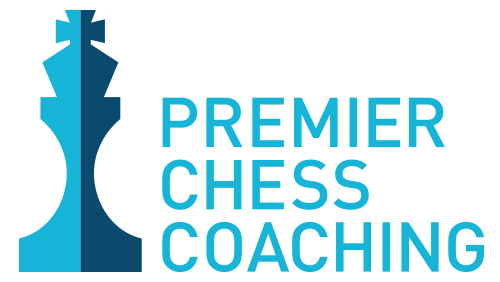Chess is often recognized as an educational tool that cultivates critical thinking, boosts problem-solving skills, and promotes strategic planning—skills. This article explores how participating in chess clubs can support developing leadership, fostering responsibility, and encouraging teamwork.
Unlocking Leadership Qualities with Every Move
A chess player in the midst of the game, meticulously planning each move. Chess transcends the simple act of moving pieces on a board; it involves deep strategic thinking and planning ahead. When students assume leadership roles, such as team captains or event coordinators within the club, they do more than play—they lead. They hone their skills in clear communication, effective delegation, and peer motivation. These essential leadership skills extend beyond the chess club, benefiting academic projects, extracurricular activities, and even future career endeavors.
Embracing Responsibility: Every Move Counts
In chess, every decision impacts the game, just as our choices affect our lives. In chess, this is responsibility in action: players must consider potential outcomes and own their results, win or lose. Such a mindset prepares students to make informed decisions and take responsibility in more significant life scenarios.
Cultivating Teamwork: Beyond the Chessboard
Though chess appears to be a solo endeavor, it’s rich with opportunities for collaboration. Chess clubs are vibrant with discussions, shared strategies, and collective problem-solving. In these clubs, students learn to value teamwork, understanding that success often stems from collaboration, trust, and respect for each other’s contributions.
The Role of Chess Clubs in Skill Development
Why are chess clubs so effective in skill development? They provide a structured environment where students can practice regularly, engage in healthy competition, and receive mentorship. This continuous interaction builds a supportive community where students grow together, fostering a sense of belonging and mutual respect.
Chess as a Keystone for Future Success
Through chess, students develop critical life skills that will aid them through school challenges, career demands, and personal growth. Therefore, joining a chess club is more than just learning how to play a game; it’s about building a foundation for future success.
If you are interested in helping your students or children harness these benefits, contact us to learn more about how to start a chess club in your school.


